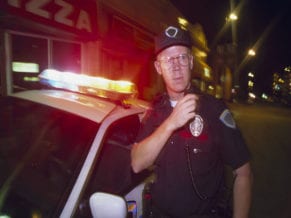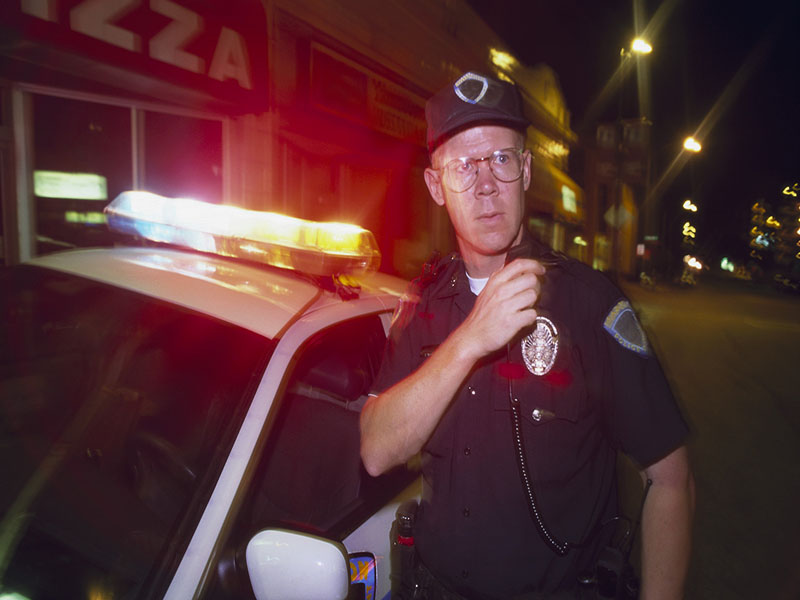IBCCES is the global leader in training and certification for healthcare professionals, educators and corporate partners who work with individuals with autism and other cognitive disorders. Our reach extends to more than 2 million people in all 50 states and over 70 countries around the globe. IBCCES Member Learning Community is provided as a free service to all IBCCES members who have completed one or more of our training and certification programs.
4 in 10 Security Guards Suffer PTSD, Study Finds
 This post was originally published on this site
This post was originally published on this siteLatest Mental Health News

TUESDAY, April 14, 2020 (HealthDay News) — Many British security guards have post-traumatic stress disorder (PTSD) due to frequent verbal and physical abuse, researchers report.
Their interviews with 750 private security guards in the United Kingdom revealed that nearly 40% had symptoms of PTSD, and also that security guard companies provide them with little mental health support.
Another finding from the researchers was that security guards often face verbal and physical abuse — including violent assaults — from the public. Some have even been killed on the job.
“With almost 40% of those surveyed exhibiting symptoms of PTSD, it leaves a very clear message that the issue of mental health is not currently being taken seriously by security managers,” said study co-leader Mark Button, a professor of criminology at the University of Portsmouth in England.
Nearly two-thirds (64.6%) of the security guards in the study suffered verbal abuse at least once a month, with 50% saying it occurs as often as once a week.
The study also said that 43% of the security guards had threats of violence at least once a month, with 10% saying they were threatened on a daily basis. More than 30% reported being physical assaulted at work once a year, with nearly 10% reporting a minor physical assault at least once a month.
There are more than 350,000 licensed security guards in the United Kingdom, and many others who don’t need a license, according to the researchers. In the United States, there are more than 1.1 million security guards, according to the U.S. Bureau of Labor.
“The research has revealed a worrying lack of support provided by the security companies,” Button said in a university news release. He added that more research is needed on what the security industry must do to address this issue before it becomes a larger societal issue.
— Robert Preidt

Copyright © 2020 HealthDay. All rights reserved.
QUESTION
Panic attacks are repeated attacks of fear that can last for several minutes. See Answer
References
SOURCE: University of Portsmouth, news release, April 8, 2020
